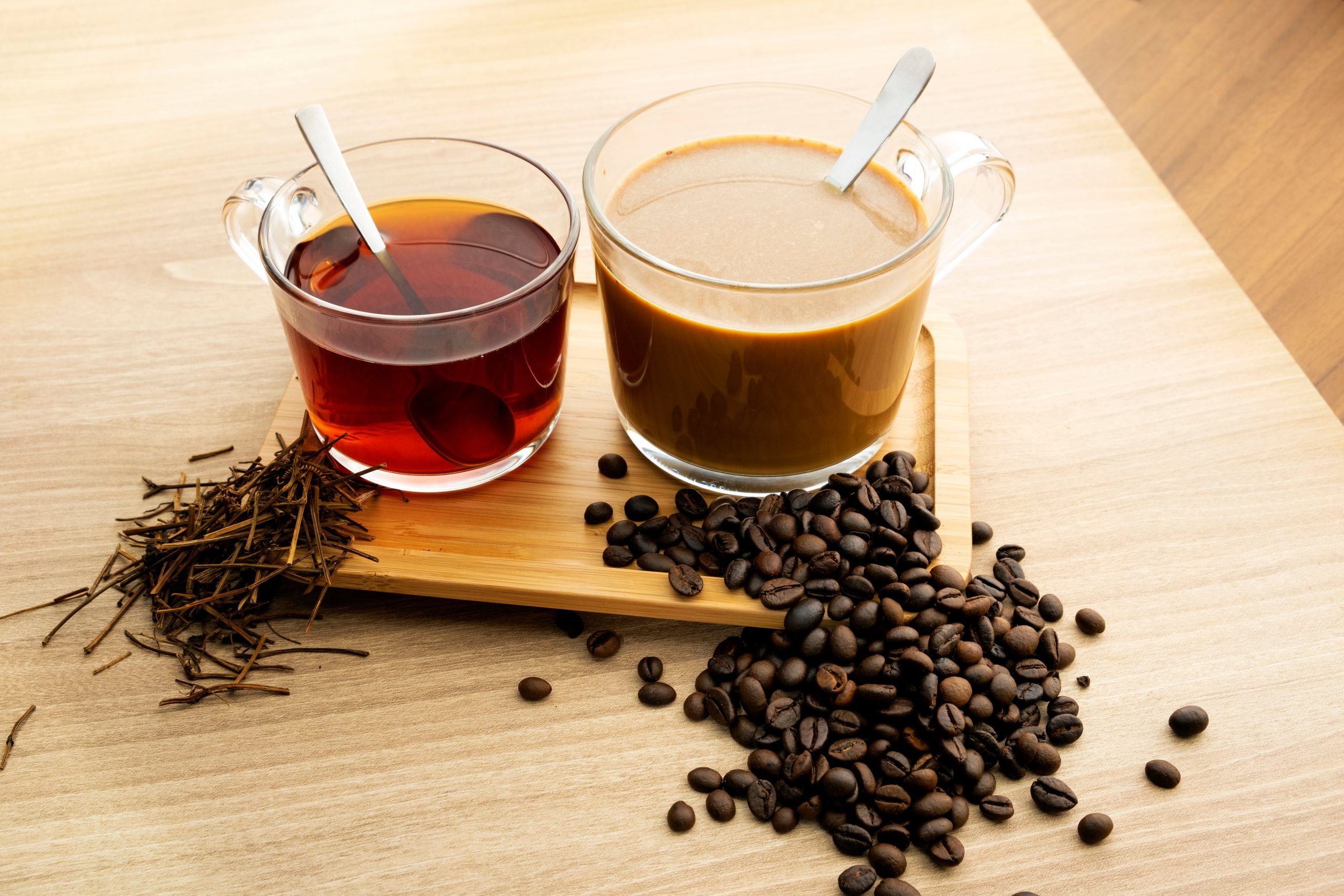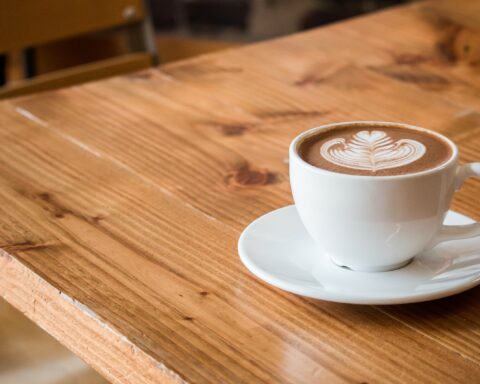Both tea and coffee contain caffeine,however, the quantity in the two differs. It is one of the most used stimulants.
Caffeine content differs from one beverage to another. The method used to prepare a beverage may also affect its content. This stimulant is safe if taken in the right quantity. It may improve your moods, athletic performance due to increased energy and boost metabolism. One should not exceed 400 mg per day. A single drink should not contain more than 200 mg of coffee. Excess intake may affect your health by increasing anxiety, restlessness, blood pressure, and causing sleep difficulties. This blog compares caffeine in coffee and tea, and highlight the benefits and effects of the same.
Caffeine in tea
The caffeine content in tea differs depending on the type of tea, origin, and preparation method.
Preparation method
Extracting caffeine from tea may be increased by increasing water temperatures during the brewing process. Moreover, when preparing tea, using hotter water and steeping tea for longer will increase the caffeine content in the tea. Steeping less and in colder water minimizes the caffeine to be extracted from the tea. Steeping tea for two minutes produces 32 mg of caffeine. Steeping the same tea for six minutes produces 72 mg of caffeine.
Type of tea
There are different varieties of tea. There is black, white, green, and oolong tea. Surprisingly, they are prepared from the leaves of the same plant. They differ in the time in which the leaves are harvested. The time of harvesting also affects how much the leaves are oxidized. Black tea is made from dried leaves that are highly oxidized while green and white tea is made from fresh leaves that are not oxidized. Black tea is high in caffeine than white and green tea. On the other hand, oolong tea is made of black and green tea leaves. This tea contains less caffeine than black tea and more than green tea.
Caffeine in coffee
Caffeine in coffee also differs according to type and the way it is prepared.
Preparation method
The hotter the water used in the preparation of coffee, the more caffeine is drawn from coffee. Once you soak coffee in cold water, the caffeine drawn will be very little.
Type of coffee
There are different varieties of coffee. The dark roasted coffee beans are high in caffeine than the lightly roasted coffee beans. Therefore, one should choose between the two varieties depending on how much caffeine one requires.
Which is the best source of caffeine
The caffeine effect is felt within 30-60 minutes after consumption. Tea contains less caffeine compared to coffee. Therefore, those who are allergic to it or those who have underlying medical conditions should take tea rather than coffee. Those who would like to take more caffeine should opt for dark coffee and green tea. However, one should be careful not to exceed the daily recommended amount of coffee as it is harmful. Pregnant and breastfeeding mothers should decrease their daily intake of caffeine to 200 mg per day.
Health benefits of caffeine
- It may improve sports performance and general body performance. It decreases fatigue by eliminating lactic acid from the muscles.
- Improves alertness and memory. Caffeine aids in boosting memory by keeping the brain alert. This eliminates forgetfulness.
- It may aid in weight loss. Caffeine may boost weight loss by reducing appetite temporarily. It also generates more heat in the body increasing the energy in the body.
- Caffeine intake also reduces the chances of developing kidney stones.
- Reduces chances of stroke. A study showed that taking coffee reduces the chances of developing cardiovascular diseases such as stroke. Those who take little or no caffeine are at high risk of developing heart diseases.
- Fights diabetes. Increasing the intake of caffeine decreases improves the condition of patients with diabetes. A study showed that increasing intake of caffeine in a patient with diabetes increased insulin sensitivity.
- Reduces chances of cancer. Regular intake of caffeine may decrease the chances of developing endometrial, prostate, and skin cancer. However, more research is needed to show how caffeine prevents the development of cancer tumors.
Side effects of caffeine
- Insomnia. Caffeine intake may cause a lack of sleep as it increases brain alertness. You should avoid taking caffeinated drinks before bedtime.
- Pregnancy. Caffeine intake should be reduced in pregnancy. A high intake of caffeine may cause pregnancy loss. Caffeine may get its way to the unborn baby causing serious complications to the unborn baby since their organs may not be able to eliminate it from the body.
- It may affect fertility in women. High intake of caffeine in women may reduce the ability of fallopian tubes muscles to carry the egg from the ovaries. This may reduce the chances of fertilization and increase the risks of ectopic pregnancy.
- Breastfeeding. Breastfeeding mothers should also reduce the amount of caffeine to 200 mg per day. High intake of caffeine may build up in the infant affecting their health. The kidneys of an infant may not be able to excrete excess caffeine.
- Addiction. Regular and high intake of caffeine may lead to addiction. Trying to quit the addiction may be difficult as it may lead to symptoms such as seizures and headaches.
- Increase chances of developing high blood pressure. Taking a high amount of caffeine may increase the chances of high blood pressure. Caffeine may cause an uneven or fast heartbeat which is a sign of cardiovascular disease.
- Increases menopause symptoms. Women who have attained menopause should avoid taking coffee. It may increase the chances of sweating at night and hot flashes.
Conclusion
Caffeine is found in many beverages. How you prepare the beverage affects the its content. Making tea or coffee using hot water or steeping it for a longer period increases the caffeine content in the beverage. It is evident that coffee is higher in caffeine than tea when compared. Those who wish to minimize intake of coffee can take tea rather than coffee or steep their beverages for a shorter period. However, one should not exceed 400 mg of caffeine as it may affect their health.
- Chickpeas vs. Garbanzo Beans: What’s the Difference? - April 19, 2024
- How to Manage or Improve Anxiety - September 21, 2023
- The birth of a company - July 29, 2023









